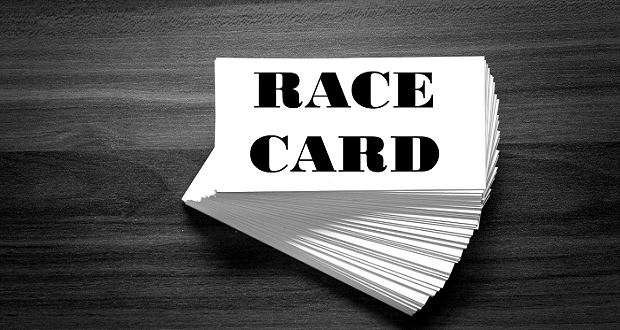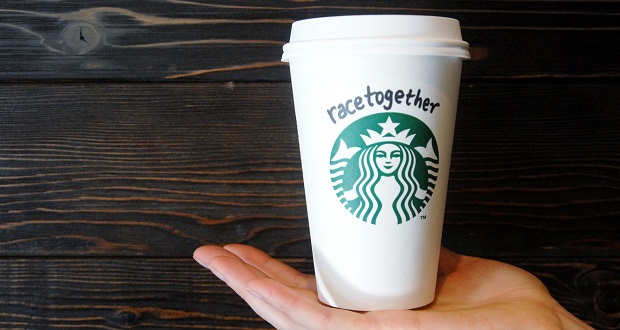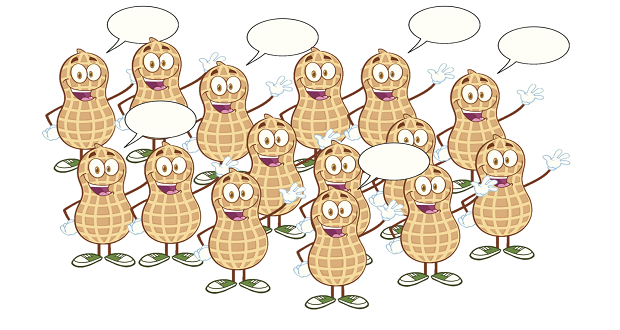
Over the last 20 years or so it has become un-PC to talk about race. It is just not politically correct to “call the race card”. After all we live in a “post-racial” society because we elected an African American as the President of The United States.
I can remember as far back as the early nineties when I was being introduced as the facilitator for a diversity session. The leader who introduced me proudly said: “This is Mary-Frances Winters and she is here to talk about diversity and will tell us that diversity is not about race and gender anymore.” You can imagine how shocked I was because I indeed was going to tell the group that diversity was not just about race and gender but race and gender were critical components of the definition of diversity.
My esteemed colleague, the late Dr. Roosevelt Thomas, wrote the seminal book “Beyond Race and Gender” in 1992 where he posited that there were many types of diversity mixtures, not just the obvious ones. This expanded our thinking about how to define diversity, but I also think it may have unwittingly led too many who were already uncomfortable with the race discussion to focus on other dimensions of diversity.
Many are relieved when they come to training and feel that they will not have to deal with the “R” word. I wrote a previous post entitled, Race: Diversity’s Four Letter Word. We are not as uncomfortable talking about gender or generations or people with disabilities and in my opinion it is even becoming more comfortable to talk about LGBTQ issues, until recently another taboo subject.
So I have been doing my own little poll over the past few months and here is verbatim what I heard from various people, both blacks and whites.
“I don’t want to dwell on race but….”
“I know that diversity is more than just race.”
“We want the discussion to go beyond race.”
“Let’s not get stuck on race.’’
“If we start the conversation with race, we will immediately lose a lot of people.”
“I liked the training Mary-Frances, but I thought it focused too much on race.” (Reality – there were very few mentions of race.)
It was almost like people were apologizing or feeling a need to defend any discussion of race.
Let’s stop walking on egg shells and as Melody Hobson says, be race brave. I say call the race card.


















